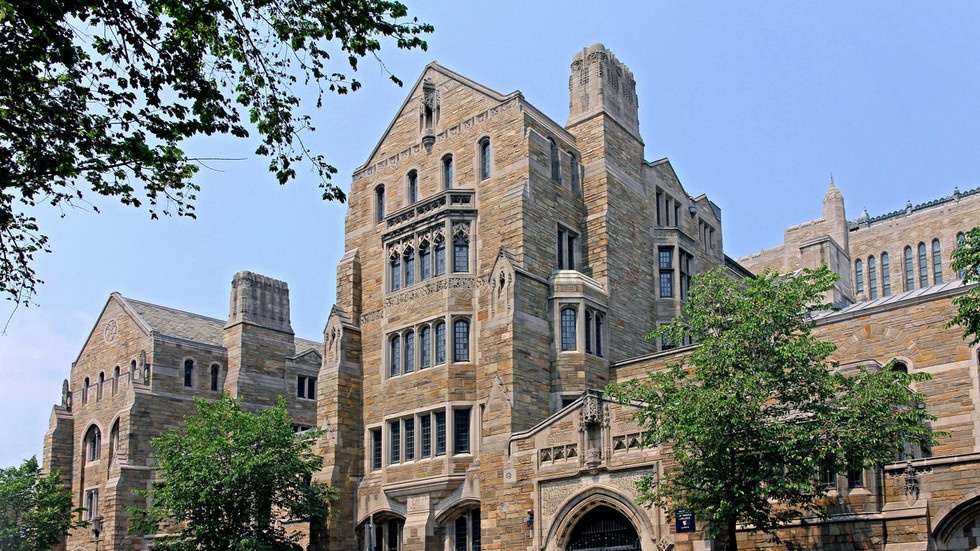Donald Trump has vowed to initiate the largest deportation operation in U.S. history on the first day of his presidency. However, experts caution that turning this promise into reality will be much more complicated.
Stephen Yale-Loehr, a professor of immigration law at Cornell University, explained that while political rhetoric may be bold, the implementation of such a plan faces significant legal hurdles. “The Constitution provides due process for everyone in the country, not just U.S. citizens,” he told AFP, noting that Trump cannot simply round up individuals and expel them without following legal procedures. With over 3.6 million cases already backed up in U.S. immigration courts, the task would be daunting.
The logistical challenges of mass deportation are equally formidable. Aaron Reichlin-Melnick, a senior fellow at the American Immigration Council, pointed out that there are an estimated 13 to 15 million undocumented immigrants in the U.S. Currently, the U.S. lacks the resources to deport this large population. “It would require hiring tens of thousands of new law enforcement agents and building hundreds of new detention centers and courtrooms,” Reichlin-Melnick explained. The high financial cost of such an operation also remains uncertain, with billions of dollars potentially needed from Congress to fund it.
Beyond the legal and logistical difficulties, mass deportation would have profound economic consequences. Immigrants without legal status contribute significantly to sectors such as construction, agriculture, and hospitality. If they were removed from the workforce, the U.S. could face severe labor shortages, inflation, and rising costs of goods. A study by the American Immigration Council projected that mass deportation could shrink the U.S. GDP by up to 6.8 percent and dramatically reduce tax revenues.
Reichlin-Melnick also noted that deportations of this magnitude could destabilize the economy, citing the Great Recession’s 4.3 percent GDP contraction as a comparison. “Mass deportations would cause the U.S. economy to crash,” he said.
While Trump’s anti-immigrant rhetoric has been a central theme of his campaign, he is expected to first impose stricter controls on legal immigration, including additional visa bans. He has also pledged to end a humanitarian entry program for citizens of countries like Cuba, Haiti, Nicaragua, and Venezuela.
In addition to these proposals, Trump aims to complete the U.S.-Mexico border wall and involve American troops in border enforcement. Whether these ambitious immigration policies will come to fruition depends on various factors, including Congressional approval and the ability to address the deep legal and logistical issues involved.



